News
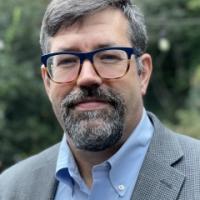
Because humans and animals breathe and metabolize oxygen, they generate a variety of reactive oxygen species (ROS), or cell-damaging oxidants, as byproducts. Our bodies usually make enough antioxidants to counter that damage, but when that…
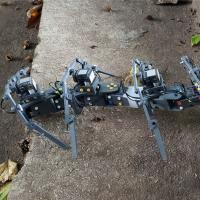
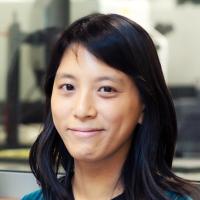
Congratulations to Hannah Choi, who was selected for a 2022 Sloan Research Fellowship in Neuroscience!
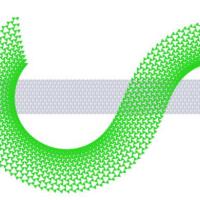
Researchers demonstrate that new physical theories provide precise predictions of the deformations of certain structures, revealing that a flexible mechanical structure is governed by some of the same math as electromagnetic waves and even black…
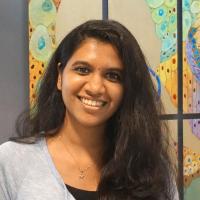
Congratulations to Athulya Ram who was recognized for diplomacy, interpersonal, and communication skills.
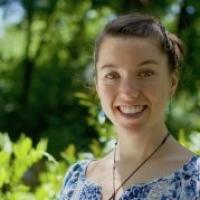
Congratulations to Rozenn Pineau, who was awarded this funding from the Society for the Study of Evolution

Collectively responsible for roughly half of global carbon fixation, diverse groups of microbes coexist while relying on limited nutrients even as some microbes depend on energy from the sun to grow via photosynthesis. Precisely because microbes…

The same forces that create circular eddies of water in Earth's oceans are also producing giant atmospheric systems of vortices along Jupiter's poles, according to new research from an international team of scientists that includes Annalisa…
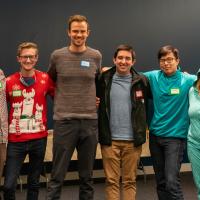
QBioS students were recognized for outstanding publications, as well as for service to the QBioS community.

In new research with the National Science Foundation and the National Environment Research Council, Jenny McGuire will study the fossil record in Africa to inform conservation biology decisions and forecast how humans and climate affect wildlife…
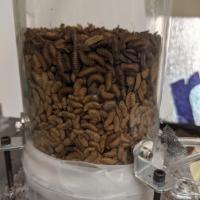
Black soldier fly larvae devour food waste and other organic matter and are made of 60% protein, making them an attractive sustainable food source in agriculture. But increasingly, larvae are dying before they reach livestock facilities as feed.…
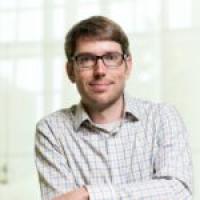

Georgia Tech points to what’s next, and how the Institute will contribute. “Discovering life beyond Earth would fundamentally change humanity’s perspective on our place in the universe,” says Earth and Atmospheric Sciences' Jennifer Glass. “…

Lieberman, a professor in the School of Chemistry and Biochemistry, is the inaugural chair of the Kelly Sepcic Pfeil, Ph.D. Faculty Endowment Fund. The College of Sciences…

“I don’t think most people are aware of wildlife on campus,” shares Emily Weigel, senior academic professional in the School of Biological Sciences. Atlanta is often called the “city in a forest” because of its lush canopy of trees, uncommon for…

It was a necessary skill for early humans: how to make tools out of rocks. It's a demanding skill to learn, yet it's helping Georgia Tech researchers fill in the gaps when it comes to the science of how we learn complex motor skills —…

The duo of Earth and Atmospheric Sciences associate professors are among 20 Scialog® winners of $1.1 million in funding from four organizations, including NASA, for new approaches that could transform our understanding of the habitability of…
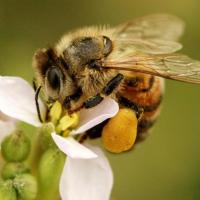
New research led by Georgia Tech’s College of Engineering finds that honey bees have developed a way to transform pollen particles into a viscoelastic pellet, allowing them to transport pollen efficiently, quickly, and reliably to their hive.…

Chris Reinhard, School of Earth and Atmospheric Sciences associate professor, co-authors a new theory about the Earth's phosphorus cycle, which could give scientists a better chance to detect signs of life on other rocky planets in the…

Three Ph.D. students — two of them from the College of Sciences — will make up the inaugural cohort of a new Georgia Tech training program designed to give biomedical researchers a deeper dive into quantatitive data sciences.